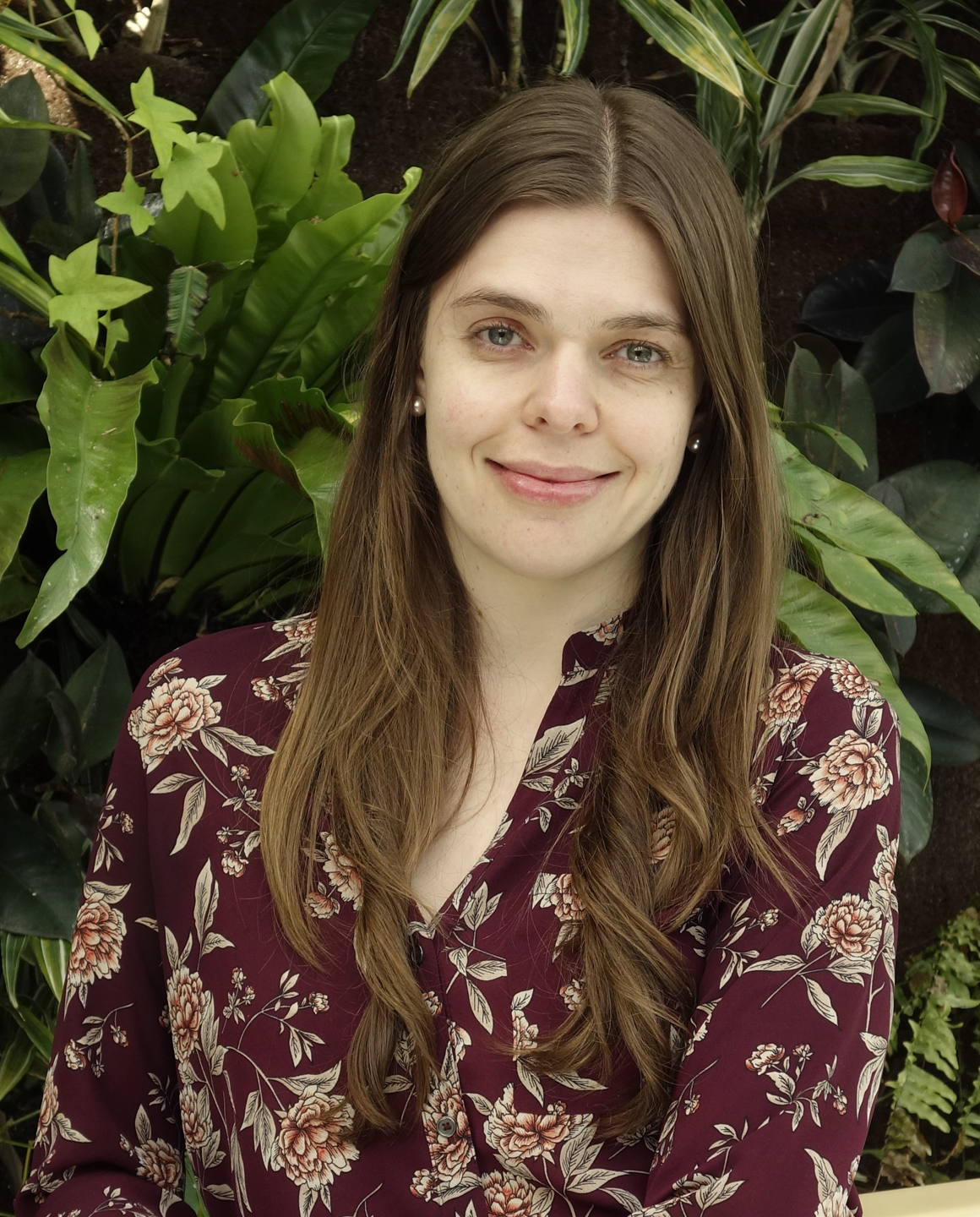The research of Saint Mary’s new chemistry faculty member, Dr. Danielle Tokarz, into the microscopic structure of large molecules in living animals and plants received a big boost, as a result of an investment of $153,026 from the federal government.
Dr. Danielle Tokarz
The research of Dr. Tokarz focuses on the structure of large molecules inside animals and plants which are relevant to the wellbeing of Canadians including collagen in humans and other animals, as well as cellulose and photosynthetic membranes in plants. The funding will allow Dr. Tokarz and her interdisciplinary team of chemists, physicists and biologists to build a new type of laser microscope, one that can measure the structure of microscopic regions of plant and animal tissues at record high speeds. The technology will allow the first live measurements of tiny structural changes in living creatures, allowing a fresh look at functioning biological phenomena. The research will address questions in biology such as, how does collagen degrade in organ tissues during ageing, and how woody cellulose, the leftover plant material after tree removal, can be efficiently degraded for conversion into biofuels.
In addition to the short term benefits of this research in increased knowledge of fundamental biological processes, long term benefits for Canadians are expected in healthcare and industry. Studies of collagen in the extracellular matrix during ageing will offer advances to the healthcare of Canadians. Studies of cellulose structure will have an impact on local industries including biofuels, pulp and paper, and biodegradable materials. Finally, studies of photosynthetic tissues will have applications in increasing plant growth efficiency, growing plants in colder climates and increasing global food supply. The proposed nonlinear laser microscope will be the first in Atlantic Canada, giving students and faculty the opportunity to use cutting-edge technology.


